On Saturday, the Chicago Bulls have announced that they will be retiring the No. 1 jersey of former league MVP point guard Derrick Rose during the 2025-26 season.
The 6-foot-3 Memphis product, a Chicago native, was selected with the No. 1 overall pick in the 2008 NBA Draft by the Bulls. He was a three-time All-Star with the club, led Chicago to a pair of No. 1 seeds in the Eastern Conference and one Eastern Conference Finals berth, and appeared to be well on his way to a Hall of Fame career.
Read More: Bulls Set to Retire Derrick Rose Jersey Next Season
Rose's run was eventually derailed by an ACL tear in 2011-12 and a meniscus tear in 2013-14. He was traded to the New York Knicks in the 2016 offseason and eventually transitioned into becoming a solid journeyman role player.
After being waived by the Memphis Grizzlies this past September, Rose called it a career.
Rose's jersey number will be just the fifth retired by the franchise, per Julia Poe of The Chicago Tribune.
Next year, the former superstar's jersey will be floated to the rafters for Chicago, joining Hall of Famers Michael Jordan's No. 23, Scottie Pippen's No. 33, plus All-Stars Jerry Sloan's No. 4, and Bob Love's No. 10.
Sloan, a two-time All-Star and six-time All-Defensive Teamer on some chippy also-ran Bulls clubs in the 1960s and '70, made the Hall of Fame as a coach, mostly on the strength of his many years guiding Bulls archrivals the Utah Jazz.
All NBA clubs also recently retired the No. 6 jersey of former Hall of Fame Boston Celtics center Bill Russell. 19 Chicago players wore the No. 6 jersey, most recently two-time All-Defensive Team shooting guard Alex Caruso.
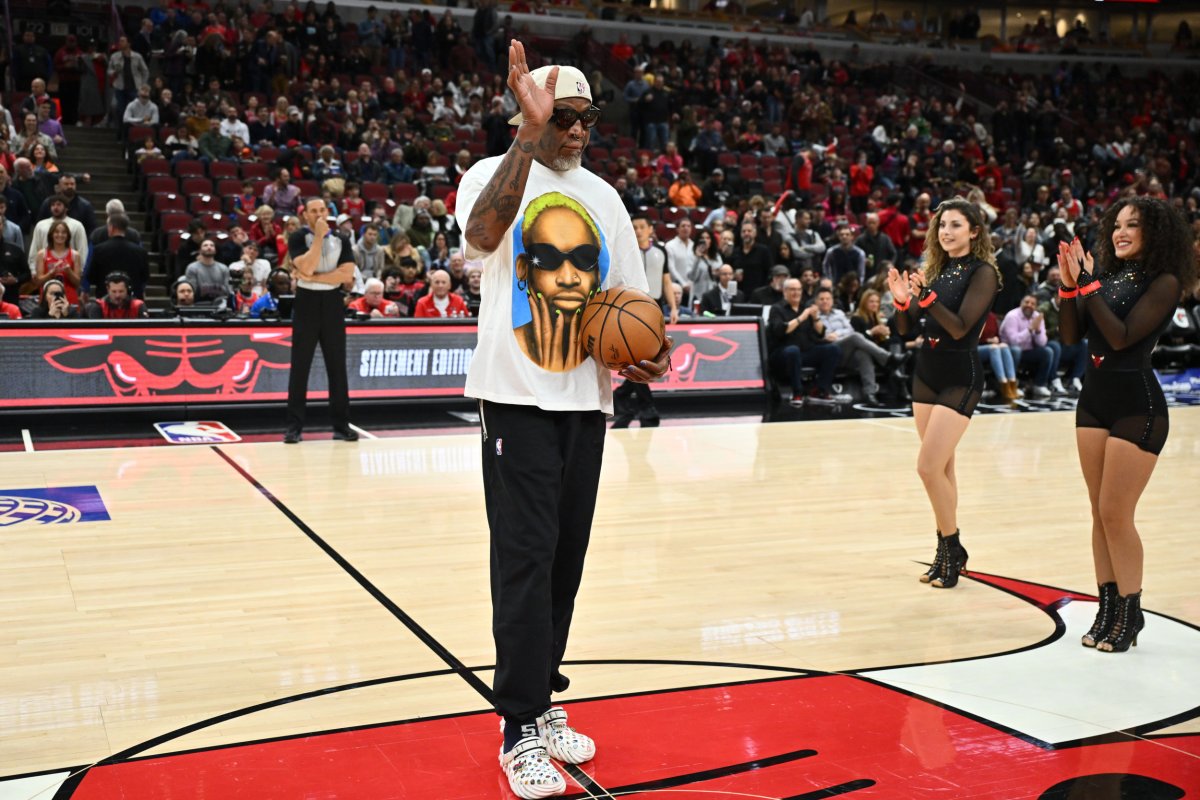
1. Dennis Rodman's No. 91 Jersey
The Hall of Fame superstar only played in Chicago for three seasons to Rose's eight, but he also won titles in each of those seasons. Behind Jordan and Pippen, Rodman was the third-best player on both the 1995-96 and 1996-97 Bulls, though he was perhaps supplanted by Toni Kukoc during the club's 1997-98 "Last Dance" championship run.
Those Bulls squads were historically great. Their 72 wins at the time were a league record, which stood for 20 years. The 2015-16 Golden State Warriors did better it by a game, but they failed to get the job done, falling in the NBA Finals. The 1996-97 Bulls won 69 games, at the time the second-best record in the league.
Throughout his decorated NBA tenure, the 6-foot-7 big man out of Southeastern Oklahoma State University was a unique talent. A two-time Defensive Player of the Year and title winner while with the Detroit Pistons, Rodman cumulatively won five championships as essentially the ultimate defense-first role player.
Never a scorer, the eight-time All-Defensive Teamer led the league in rebounding seven times, including all three of his years in Chicago.
In 2022, along with Jordan and Pippen, Rodman was ranked among the NBA's 75th Anniversary Team — an honor given to what the league deemed the best 75 players in its history.
With Chicago, Rodman averaged 15.3 rebounds, 5.2 points, 2.8 assists, and 0.6 steals a night. He finished among the top seven in Defensive Player of the Year voting twice during his Bulls run and was 15th in MVP voting during the team's charmed 72-win peak. Jordan won the award (his fourth such honor), while Pippen finished fifth in voting.
Rodman's No. 10 jersey has been retired in Detroit. It's time for No. 91 to join the party in Chicago.
2. Horace Grant's No. 54 Jersey
As the third-best player during Chicago's first three-peat with Jordan and Pippen, from the 1990-91 season through 1992-93, Grant was Rodman before Rodman.
The 6-foot-10 power forward out of Clemson was more of a scorer than Rodman and was a more reliable offensive release valve, but like "The Worm," he often took on the club's toughest frontcourt defensive assignments.
Across seven seasons in Chicago, Grant made one All-Star appearance and finished with averages of 12.6 points, 8.6 rebounds, 2.4 assists, 1.1 steals and 1.1 blocks. He enjoyed his best season with the squad sans Jordan, in 1993-94. With Jordan enjoying his first of three retirements, Pippen, Grant, and point guard BJ Armstrong took on bigger leadership roles. Grant made his lone All-Star team that year and finished 10th in Defensive Player of the Year voting.
Grant won four titles (he rejoined former championship Bulls coach Phil Jackson to serve as a role player on the 2000-01 Lakers, one of the most dominant postseason teams ever), and was named to four All-Defensive Second Teams, although only two of those honors came with the Bulls.
He's currently a Special Advisor to the team and should rank behind only Rodman in terms of his championship contributors to the Jordan-Pippen dynasty years.
3. Artis Gilmore's No. 53 Jersey
The 7-foot-2 big man is often overlooked in conversations about the greatest centers of all time, in part because he spent a large chunk of his prime in the ABA, where he was a six-time All-Star, one-time MVP, and one-time champion with the Kentucky Colonels from 1971-76.
But he made a pretty significant dent in the NBA all the same. The Hall of Fame superstar was a six-time All-Star in the NBA, too, and made four of those appearances while with the Bulls, for whom he played from 1976-82. He was also named to one All-Defensive Second Team.
Gilmore averaged 19.3 points and 11.1 boards during his five seasons in Chicago. He made two playoff appearances with the Bulls, including a run to the East Semifinals in 1981.
Chicago has done a relatively commendable job of celebrating its oft-overlooked 1970s run, which peaked in 1975 (pre-Gilmore) with a trip to the then-Western Conference Finals (the Bulls now play in the East).
Although Gilmore is one of the best players ever, and certainly one of the best to don a Bulls uniform (and better than anyone else on this list aside from Rodman), it's true that his postseason achievements are relatively modest in comparison with some of the other contenders for jersey retirement.
But his cumulative accolades, in combination with his terrific individual run in Chicago, may be enough to warrant significant consideration.
4. Norm Van Lier's No. 2 Jersey
Gilmore may have been the best '70s Bull, but he was not on the club's roster during one of its best non-Michael Jordan seasons (along with Rose's 2010-11 MVP year), 1973-74.
The best player on that squad may have been 6-foot-1 point guard Norm Van Lier. He was named to all three of his All-Star teams during his six-and-a-half seasons in Chicago and was an All-NBA honoree over eventual Hall of Fame small forward Chet Walker in 1973-74. He later became a longtime Bulls broadcaster and a beloved TV presence to generations of Chicago fans.
Like the 2011 Bulls, the 1974 vintage advanced all the way to the Conference Finals (although back then that only took two playoff rounds, not the three it does today), but couldn't quite get over the hump.
Coached by Dick Motta, those Bulls finished with a 54-28 overall record and were ultimately swept in the NBA Western Conference Finals by the Milwaukee Bucks, led by future Hall of Famers Kareem Abdul-Jabbar and Oscar Robertson.
Van Lier finished among the top 11 in MVP voting three times across four years while with the Bulls, from 1972-73 to 1976-77, and received the 24th-most votes during the other year.
The eight-time All-Defensive Teamer gets the slight nod over Walker here, as the next representative from that club to go into the rafters, though Walker's No. 25 jersey should join Van Lier's, Sloan's, and Love's one day, too.
Like Gilmore — and, heck, also like Rodman and Grant — Walker split his prime years between Chicago and another squad. In the 6-foot-7 Bradley product's case, that other squad was the Wilt Chamberlain-led Philadelphia 76ers.
Walker won his lone NBA championship as an All-Star on that club, circa 1966-67. Although he made the Hall of Fame and Van Lier didn't, Van Lier in many ways had a bigger impact on the Bulls during their shared stints there.
During his six full Chicago seasons (he was traded to the Bulls from the then-Cincinnati Royals after 10 games in 1971-72), Van Lier averaged 13.1 points, 6.8 assists, 5.0 rebounds, and 1.9 steals a night.
5. Toni Kukoc's No. 7 Jersey
Obviously, this list is quite subjective. Do players like Artis Gilmore and Joakim Noah "deserve" Chicago jersey retirements more than, say, three-time champion center Bill Cartwright or three-time champion power forward Toni Kukoc, each of whom was the fourth-best player on historically great Jordan-Pippen squads in the 1990s glory days?
Yes, both Gilmore and Noah — both multi-time All-Star centers in Chicago — enjoyed superior individual careers over Cartwright and Kukoc, but the latter two players sublimated their own production in service of historic championship runs. Gilmore's Hall of Fame greatness earns him a nod on this list. Noah, now a team ambassador, falls just short of making the cut here.
Prior to suffering a series of career-altering foot injuries, Cartwright was an All-Star with the New York Knicks and seemed prime for a prolific career as a scorer. Instead, he became a lumbering, defense-first big man and veteran leader with the Bulls from 1988-94. The 7-foot-1 San Francisco product was a critical contributor for Chicago's first three championships, and the best center Michael Jordan ever played alongside.
So why does Kukoc make the cut over Cartwright?
The Hall of Fame combo forward served six-and-a-half seasons in Chicago to Cartwright's six, as the fourth-best player on the 1995-96 and 1996-97 champs and, again, probably the third-best player on the 1997-98 title winners. He was the 1995-96 Sixth Man of the Year and finished second in the Sixth Man of the Year voting for 1996-97.
During his six full seasons with the Bulls (he was traded to the Allen Iverson-led Philadelphia 76ers midway through 1999-2000), Kukoc averaged 13.9 points on .464/.335/.747 shooting splits, 4.8 rebounds, 4.2 assists, and 1.0 steals a night.
Kukoc, who like Grant is a special advisor, made the Hall of Fame in large part thanks to his contributions to the international game. He was a three-time EuroLeague champ and EuroLeague Final Four MVP and was named to the 2008 list of the 50 Greatest EuroLeague Contributors for his efforts with Jugoplastika and Benetton Treviso prior to joining the Bulls in 1993. He was also one of the best players on the silver medal-winning Team Yugoslavia in the 1988 Olympics.
After the Bulls' dynastic run was broken up in the 1998 offseason, the 6-foot-11 vet became the club's best player, leading the team in scoring, rebounding, and assists in 1998-99. One of the original stretch fours, Kukoc's game would translate nicely to the modern era. He would likely get more touches and make a couple of All-Star teams were he playing today.
For more Chicago Bulls and NBA news, visit Newsweek Sports.


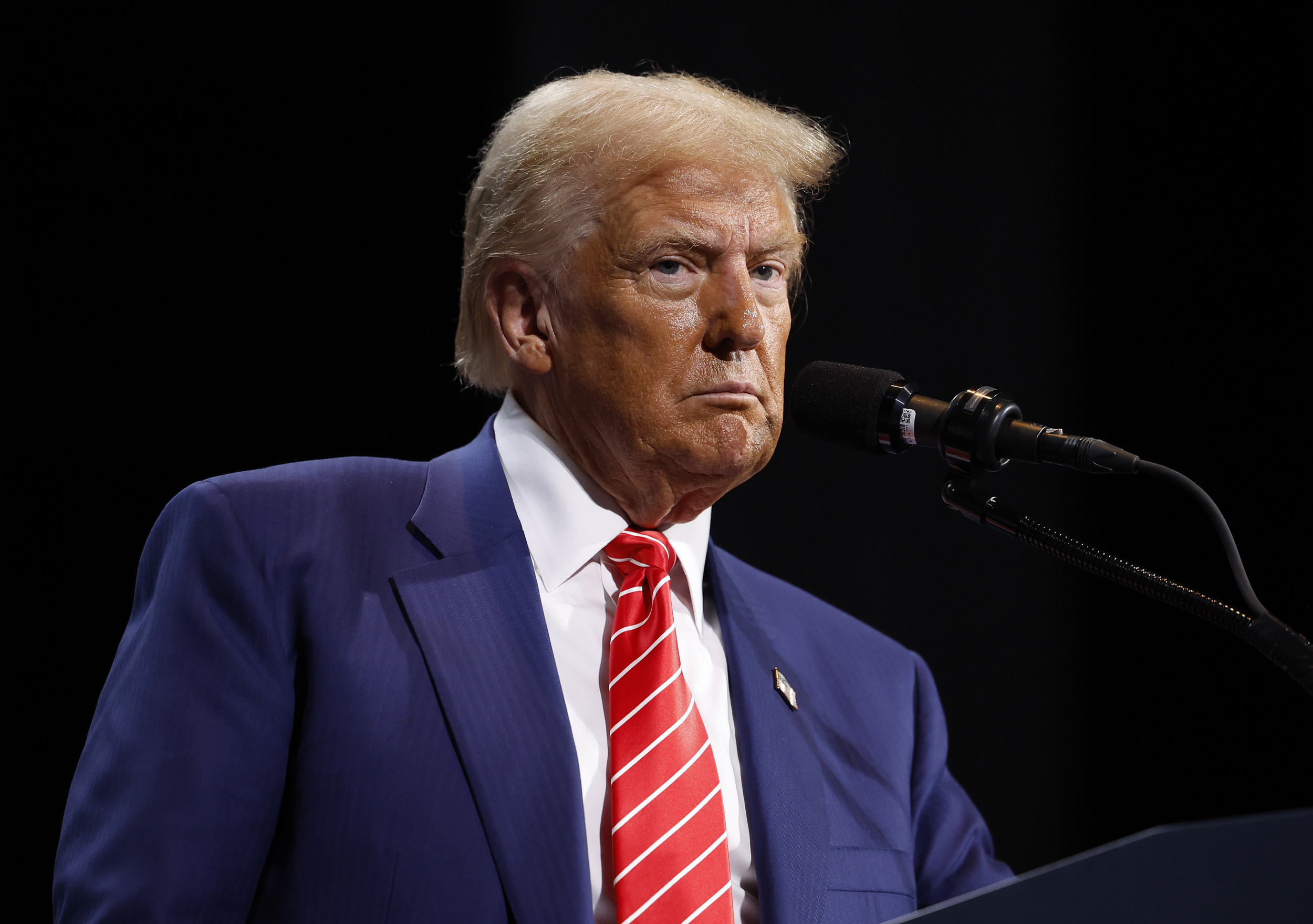
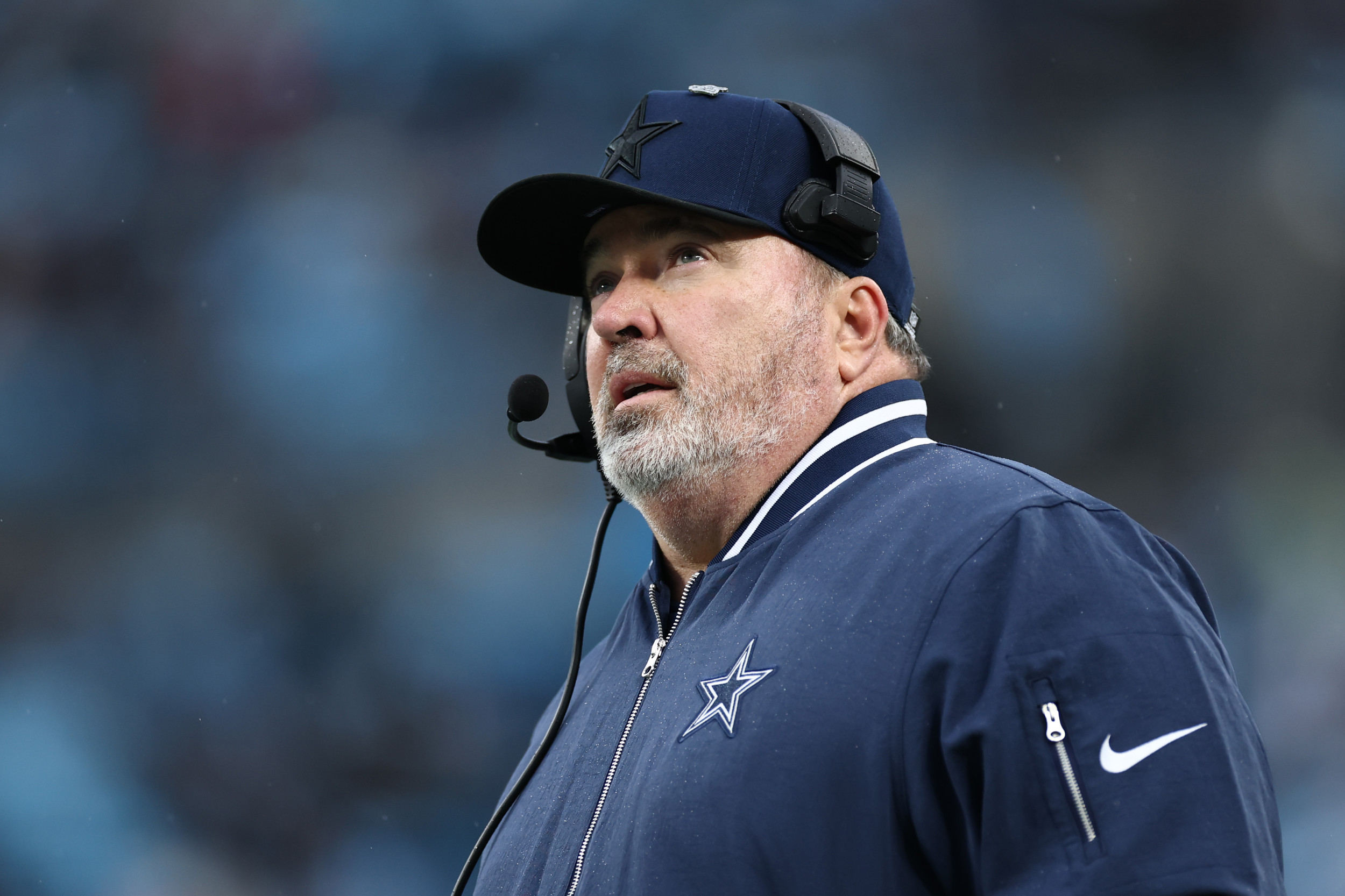
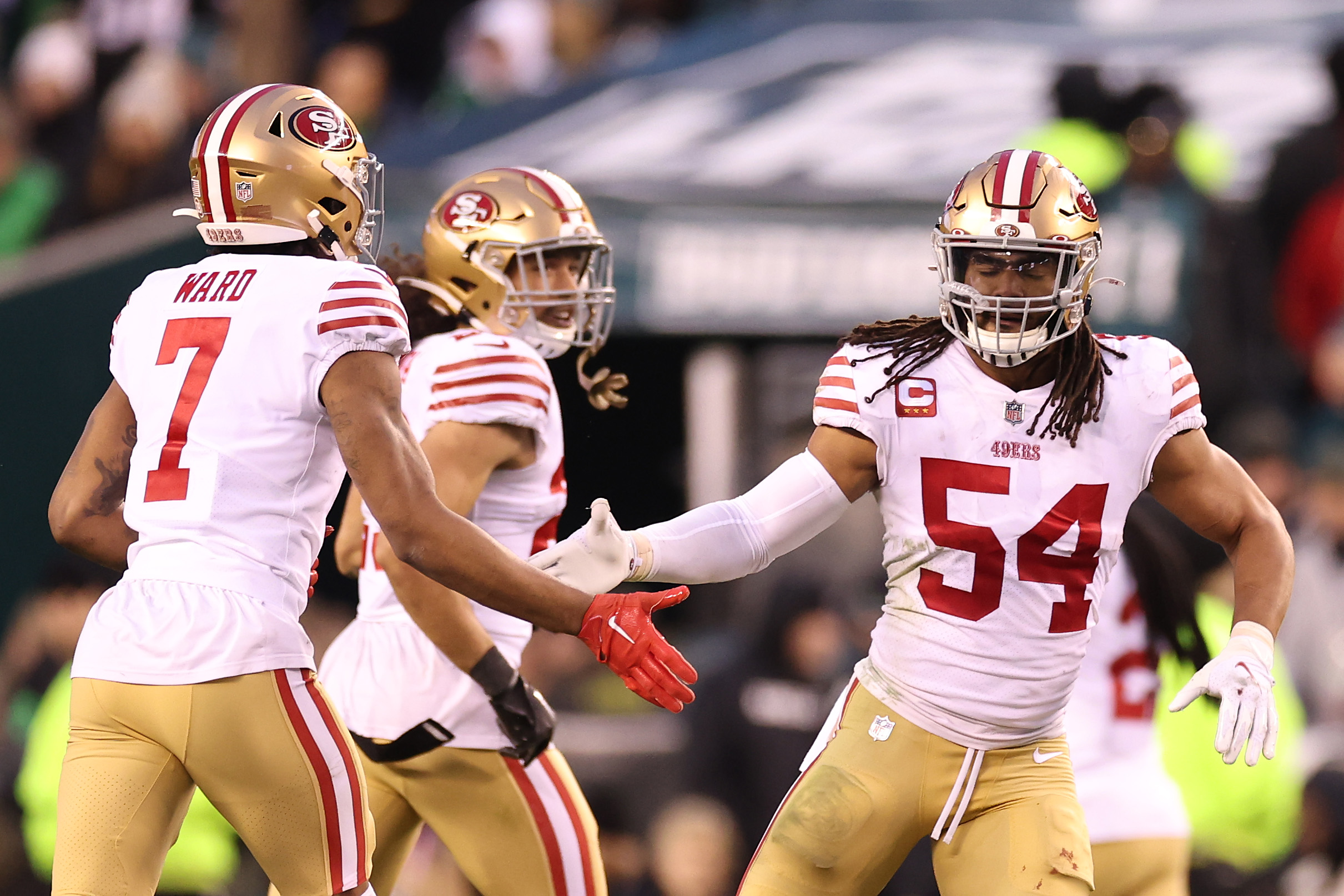



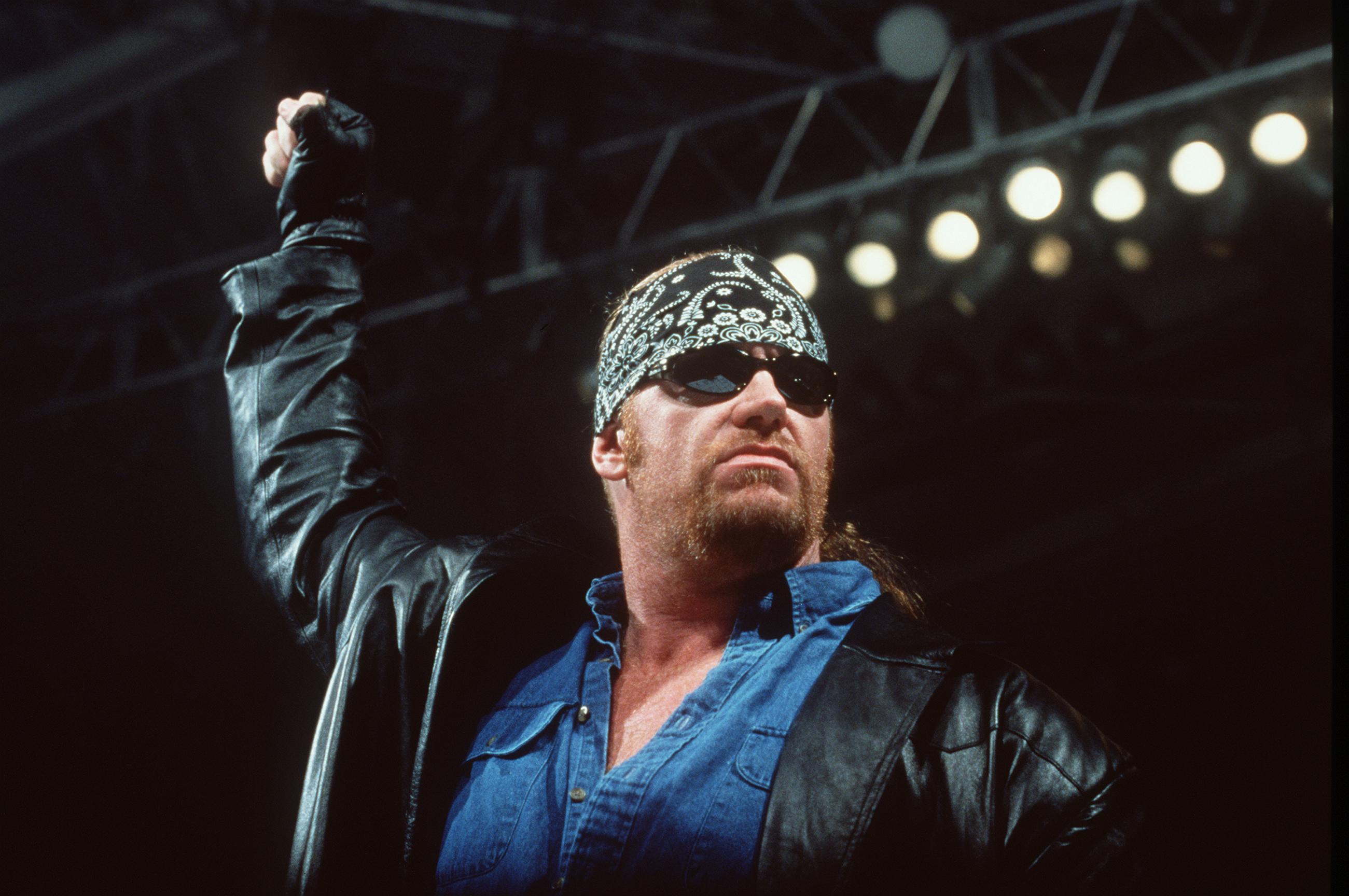









:quality(85):upscale()/2024/04/24/878/n/3019466/36c5693c662965c5d1ce91.72473705_.jpg)

 English (US) ·
English (US) ·